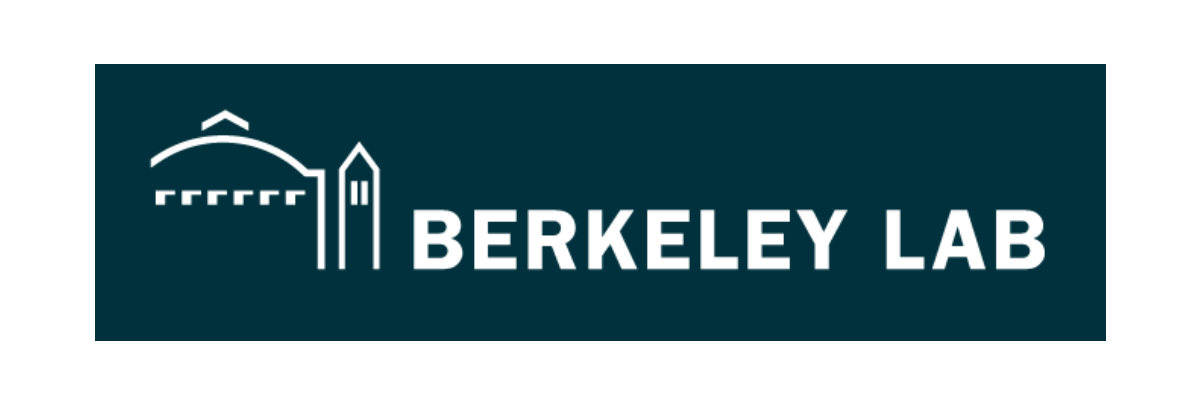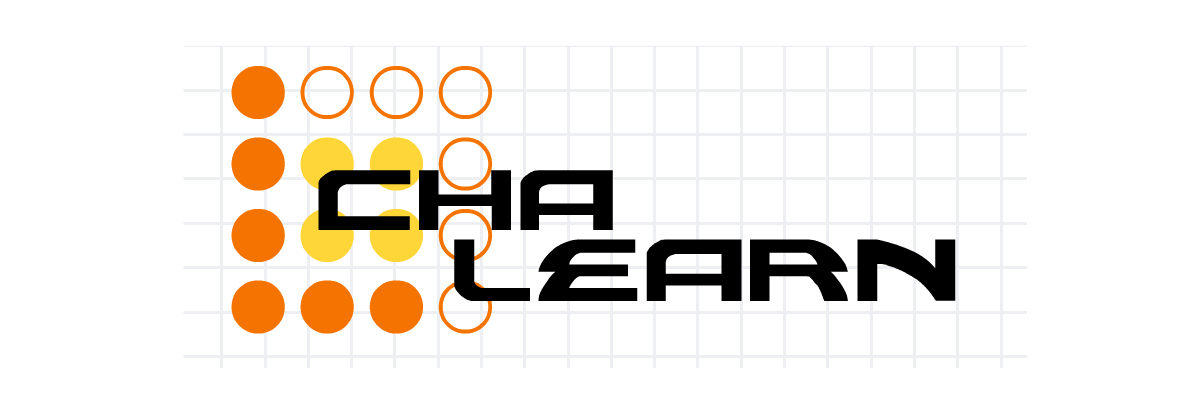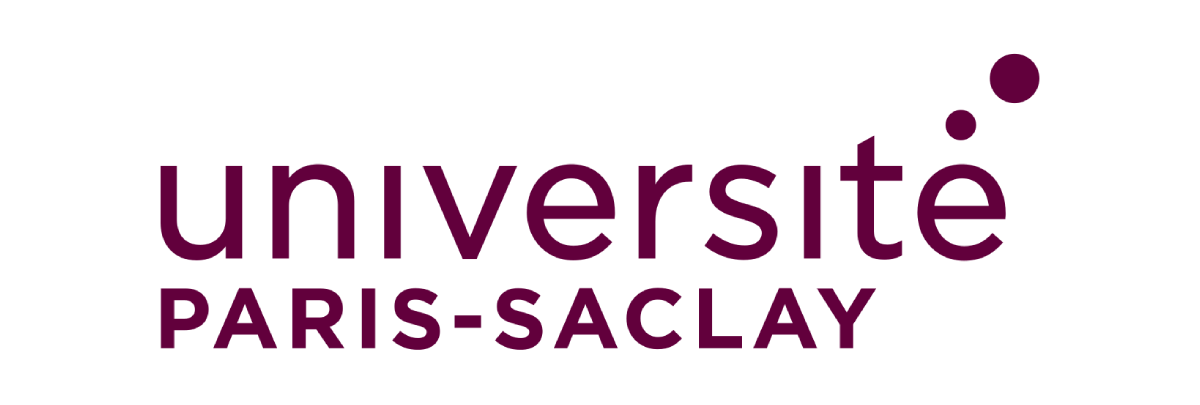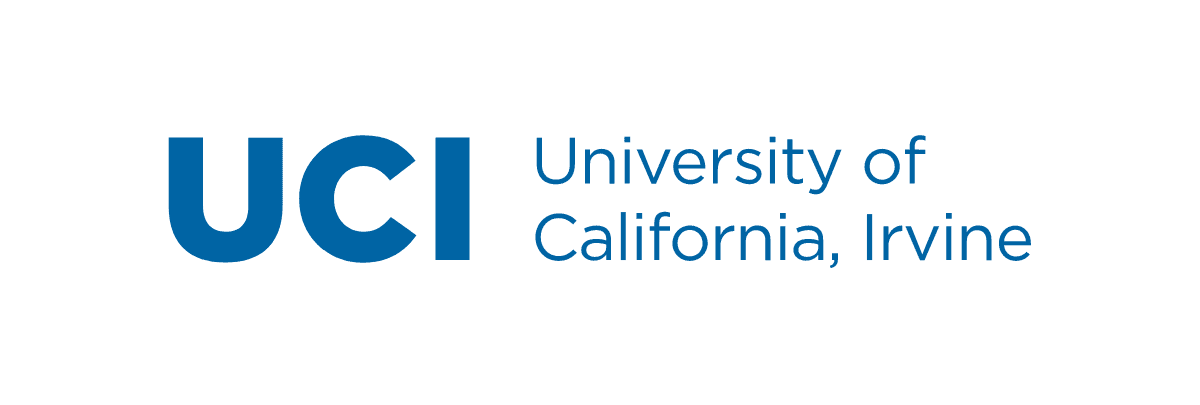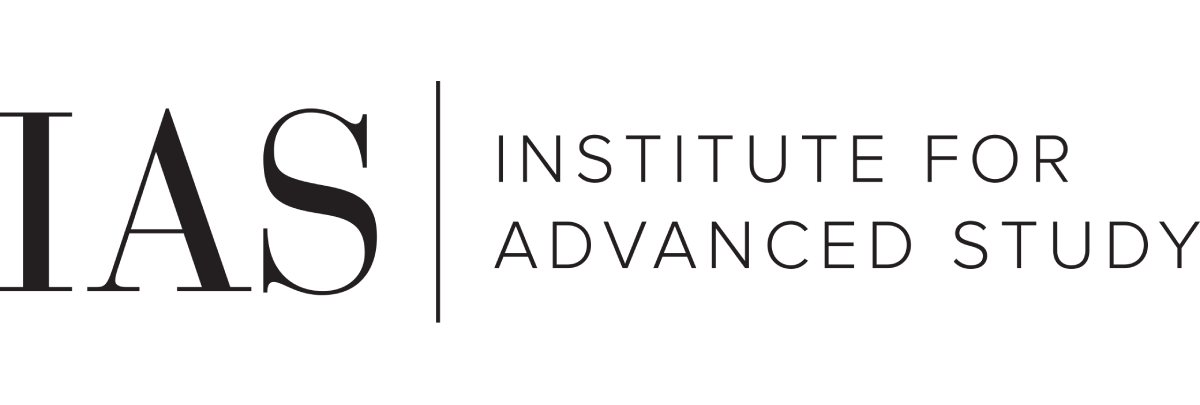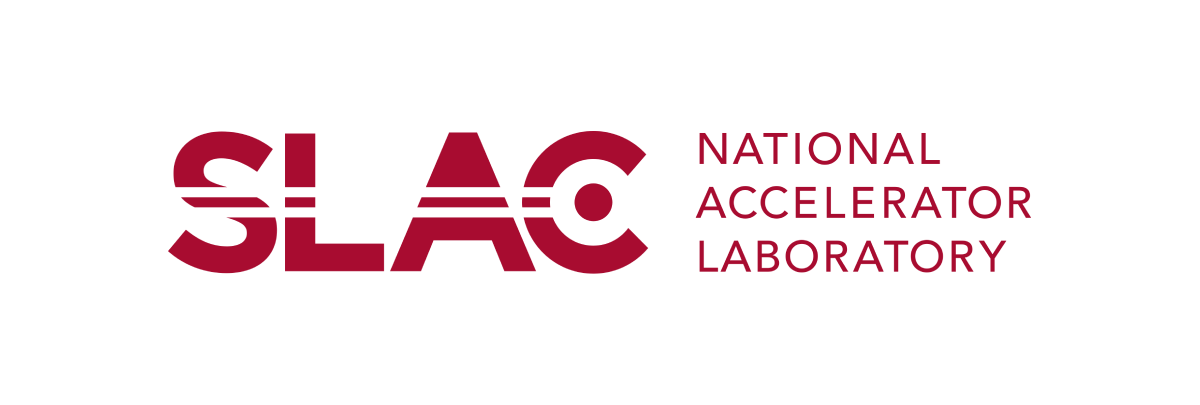NeurIPS 2025 Weak Lensing Uncertainty Challenge
Weak gravitational lensing reveals the large-scale structure of the universe by observing subtle distortions in galaxy shapes due to intervening matter. Traditional methods mainly capture Gaussian information through two-point statistics. However, non-Gaussian features present in the cosmic web are crucial for studying the underlying physics of structure formation, dark matter distributions, and cosmological parameters, motivating the use of higher-order statistics and advanced machine learning (ML) techniques to extract richer information from the weak lensing data. The primary difficulty is handling systematic uncertainties arising from simulation inaccuracies and observational biases.
Through this challenge, participants will analyze a suite of carefully designed mock weak lensing maps with known cosmological parameters, constructed to include variations in simulation fidelity and observational systematics. By comparing the performance and robustness of different methods in a controlled setting, the challenge aims to systematically assess their ability to extract cosmological information while quantifying their sensitivity to modeling assumptions and systematics.
The outcomes of this challenge are expected to guide the development of next-generation weak lensing analysis pipelines, foster cross-disciplinary collaboration between the astrophysics and machine learning communities, and ultimately improve the reliability of cosmological inference from current and upcoming surveys such as DES, Rubin's LSST, Euclid, and the Roman Space Telescope. By explicitly addressing simulation-model mismatch and the need to quantify systematic uncertainties, this challenge emphasizes scientific robustness and interpretability, aligning with the growing emphasis on trustworthy ML in scientific domains.
NeurIPS 2024 HiggsML Uncertainty Challenge
Challenge Website Read the White Paper Challenge Dataset Challenge WinnersAbout
The FAIR Universe project is a collaboration between and include scientists from Lawrence Berkeley National Laboratory, Université Paris-Saclay, University of Washington, Institute for Advanced Study, and ChaLearn. The project is funded by the Department of Energy .
The collaboration is building a large-compute-scale AI platform for the hosting of large scientific datasets, models, and machine learning competitions to drive forward discoveries in high energy physics and cosmology. The initial focus is on discovering and minimizing systematic uncertainties in High Energy Physics through a sequence of challenges that will bring together researchers across physics and machine learning.
The collaboration includes scientists from Lawrence Berkeley National Laboratory, Université Paris-Saclay, the University of Washington, and ChaLearn, a non-profit that organizes challenges to stimulate research in machine learning.
Goals
We are building an open, large-compute-scale AI ecosystem for sharing datasets, training large models, fine-tuning those models, and hosting challenges and benchmarks. Hosting of all these datasets and benchmarks will be achieved by interfacing the
NERSC
HPC center to
Codabench
, a recently developed open-source platform, to provide a next generation reproducible-science AI ecosystem. This project will build the essential pieces of such an ecosystem through deployment of:
- Three HEP systematic uncertainty datasets and tasks, of increasing sophistication, tailored for studies of systematic-uncertainty aware AI techniques, in particle physics and cosmology.
- A set of HEP-AI challenges and long-lived task and algorithm benchmarks addressing compelling questions about the impact of systematic effects in AI models.
- An HPC-enabled AI benchmark platform capable of hosting datasets and models; producing new simulated datasets; applying new AI algorithms on existing datasets; and applying uploaded AI algo- rithms on new datasets.
The collaboration with Codabench and NERSC will ensure that the project platform, benchmarks and a portfolio of algorithms will be curated and made accessible, and therefore continue to benefit the HEP community, as well as other sciences and the machine learning research community well beyond the end of the project. The research community will benefit from being exposed to well-established, empirical UQ approaches for estimation that experimenters have deployed on problems with hundreds of systematic effects. The develop- ment of principled methodologies to quantify the impact of systematic effects in the training and inference of ML models, will increase the trust of the scientific community on AI methods applied to experimental high-energy physics and beyond. The progressive structure of our challenges will bring together activity across particle physics and cosmology. Finally, both the methods and platform developed in this project will serve as a foundation for future AI challenges and benchmarks in high-energy physics, scientific and industrial applications.
News
FAIR Universe - Weak Lensing Uncertainty Challenge Phase-1 Winners
December 07, 2025We have announced the winners of the Weak Lensing Uncertainty Challenge Phase-1.
Join us for the FAIR Universe - Weak Lensing Uncertainty Challenge Workshop @ NeurIPS 2025
December 03, 2025The workshop will be held on December 07, 2025 at Exhibit Hall G,H.
FAIR Universe – Weak Lensing Uncertainty Challenge Phase 1 Final Submission Guidelines
November 04, 2025We have published detailed guidelines for participants of phase 1 about their final submission to be considered for the monetary prizes.
FAIR Universe – Weak Lensing Uncertainty Challenge Phase 1 Launched
August 29, 2025We have launched the Phase-1 of the Weak Lensing Uncertainty Challenge. The challenge website is available on Codabench.
FAIR Universe – Weak Lensing Uncertainty Challenge @ NeurIPS 2025
June 11, 2025Our new challenge "FAIR Universe – Weak Lensing Uncertainty Challenge" is accepted at NeurIPS 2025 Competition Track.
FAIR Universe - HiggsML Uncertainty Challenge Public Dataset
May 16, 2025We have released the HigssML Public Dataset on Zenodo.
Higgs Uncertainty Challenge Winners
May 08, 2025We have announced the results and winners of NeurIPS 2024 Higgs Uncertainty challenge.
Tutorial Video - Higgs Uncertainty Challenge
February 10, 2025We have uploaded a tutorial video that will help you understand the Higgs Uncertainty challenge and provide you with some useful tips. The slides for this video are also available.
You can submit your solutions to Codabench before March 13 (the deadline for the current phase) to win our final prize!
NeurIPS Competition Recording - Higgs Uncertainty Challenge Workshop @ NeurIPS 2024
February 09, 2025You will find the recording of the FAIR Universe Higgs Uncertainty Competition at NeurIPS 2024 along with other talks delivered at the workshop here:
Join us for the FAIR Universe - Higgs Uncertainty Challenge Workshop @ NeurIPS 2024
December 02, 2024The workshop will be held on December 14, 2024 at the Vancouver Convention Center in Vancouver, BC, Canada as a part of the 38th annual conference on Neural Information Processing Systems (NeurIPS).
FAIR Universe – NeurIPS 2024 Higgs Uncertainty Challenge launched on Codabench
October 01, 2024We have launched the "FAIR Universe – NeurIPS 2024 Higgs Uncertainty Challenge" on Codabench.
FAIR Universe – the challenge of handling uncertainties in fundamental science @ NeurIPS 2024
June 10, 2024Our new challenge "FAIR Universe – the challenge of handling uncertainties in fundamental science" is accepted at NeurIPS 2024 Competition Track.
HiggsML Uncertainty Pilot Competition
March 12, 2024We have launched the pilot version of HiggsML Uncertainty Competition today! Join the competition here:
FAIR Universe @ ACAT 2024
March 07, 2024Wahid Bhimji, FAIR Universe Project Principal Investigator, will deliver a talk about Fair Universe - HiggsML Uncertainty Challenge. Join us at the event:
Particle Physics challenge trial
November 29, 2023We hosted a hackathon at the Artificial Intelligence and the Uncertainty Challenge in Fundamental Physics workshop on Wednesday November 29, 2023. We released a tiral version of a challenge using detailed physics simulations of accelerator data.
First toy challenge
October 2, 2023We have designed and released our first toy challenge on the Codabench platform. This challenge is designed to test the platform and provide a simple example for the community to follow. We have developed a toy dataset to illustrate the types of analyses performed on real data from particle accelerators.
Project Announcement
November 27, 2022The FAIR Universe project received funding as part of a $6.4 million DoE spend on AI in high energy physics:

